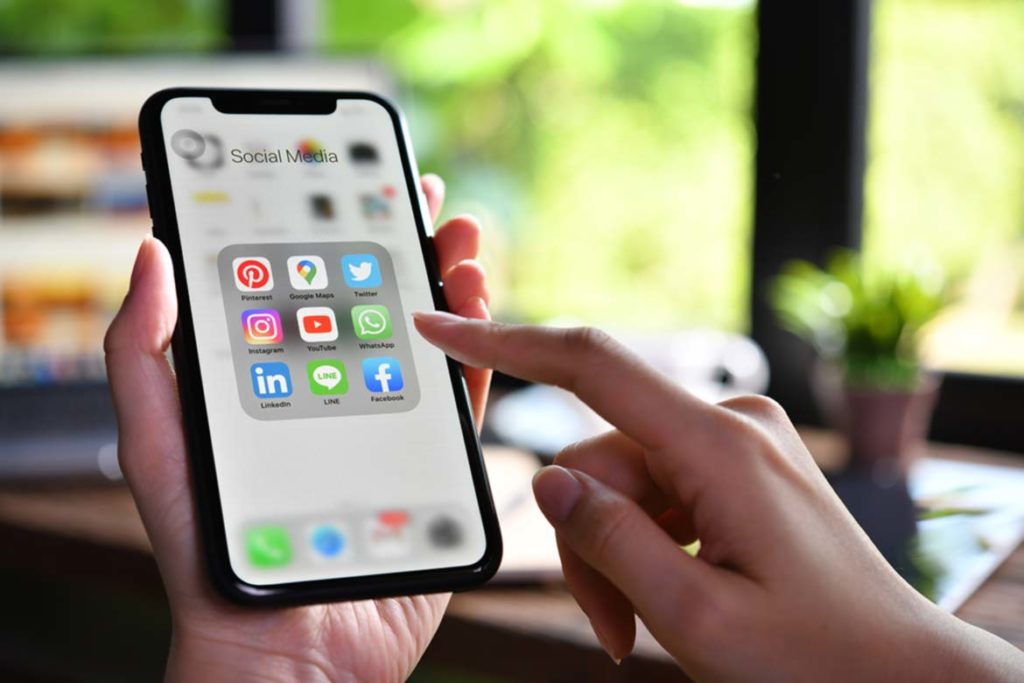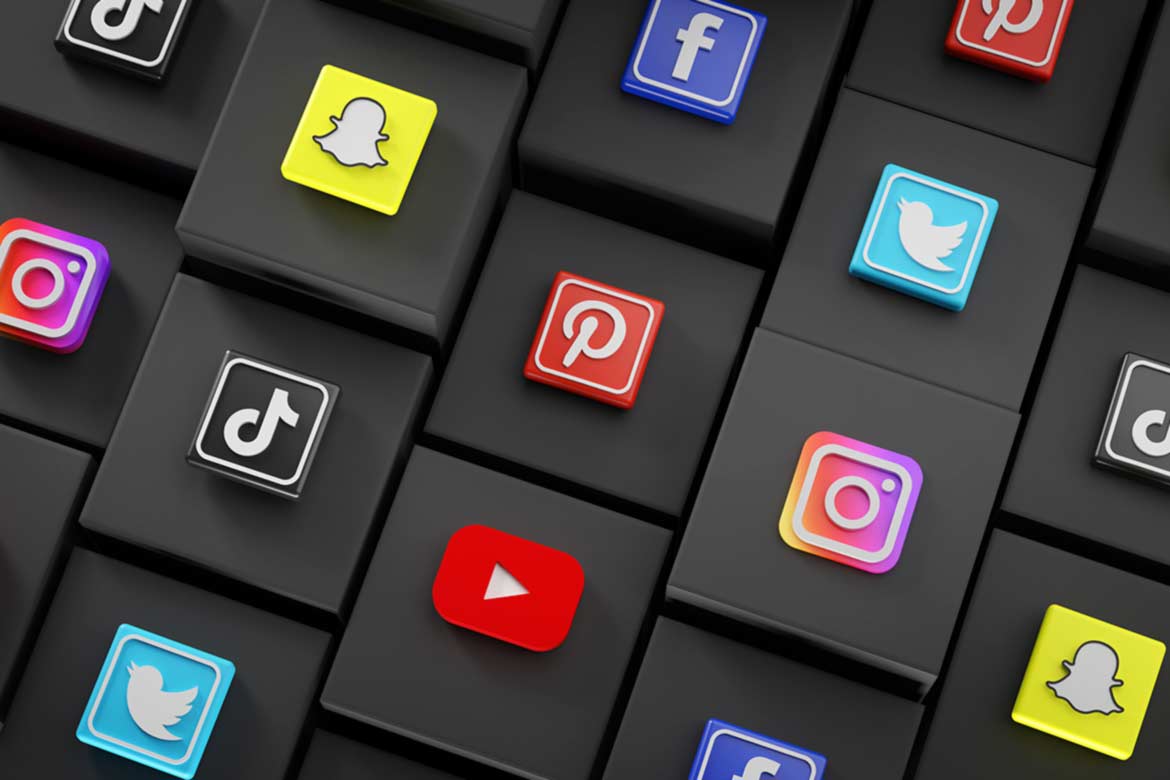Social media has changed the way of life of people across the world. With the increasing use of social media, the world is becoming a smaller place. During the COVID-19 pandemic, we have seen how through social media common citizens helped each other and complement modern government efforts in dealing with the crisis.
Social media across the world has emerged as a better platform for people to raise their voices and ensure their participation in the functioning of the government. It makes it easier to discuss contemporary issues, discuss the causes and consequences of an incident and hold leaders accountable.
However, due to its uncertain nature, its role in spreading misinformation and fuelling rumours, social media has the potential to spread a particular agenda, target certain sections, destabilize elected governments and compromise the values of democracy.
For the above reasons, social media needs to be regulated in a manner that strikes a balance between freedom of expression, interests of minorities and vulnerable sections and law and order, while promoting citizen’s participation in governance.
How social media checks democracy?
Democratic values can develop only when people have freedom of expression. In this way, social media strengthens the concept of digital democracy through these platforms.
Social media acts as a platform where even seemingly invincible governments can be questioned, held accountable, and people can bring about change with a single vote. Social media has the power to bring information to people. In countries like Tunisia, social media played an important role in the ‘Arab Spring’. Here, it was used as a way to attain liberation.
The implications of social media for citizen engagement are profound as many people discuss news and debate contemporary issues on these platforms.In this way people connect with people of their own kind and a sense of community is strengthened in them.

Also read: In Pandemic, Digital Disparity In India Is In Dire Straits
It can be as bad as good
One of the most common criticisms of social media is that it creates an ‘echo chamber’ where people only see things and events from the perspectives they agree with and disagree with. As an unprecedented number of people channel their political energy through this medium, its use in unexpected ways is creating social consequences that were never expected.
According to the Google Transparency Report, political parties have spent around $800 million (Rs 5,900 crore) mostly on election advertisements in the last two years. Through this, hate and communal speeches can be easily spread.
It is believed that during the 2016 US election, Russian organizations used social media as a tool of information and publicly promoted fake Pages on Facebook to influence public sentiments.
In this way, social media can be used for cyber warfare to divide the nation, state and society.Social media gives ample opportunity for people to have their say. Sometimes which can also be used by someone to spread rumours and spread misinformation.
Social media influences the perception of policy makers about public opinion. This is because it is believed that social media platforms represent every walk of life, but not everyone is using the platform equally.
In a nutshell
If there is any truth about the impact of social media on democracy, it is that it promotes human qualities, both positive and negative. At its best, it gives us a chance to express ourselves and improve ourselves. In the worst case, it opens the way for people to spread misinformation and destroy the values of democracy.
